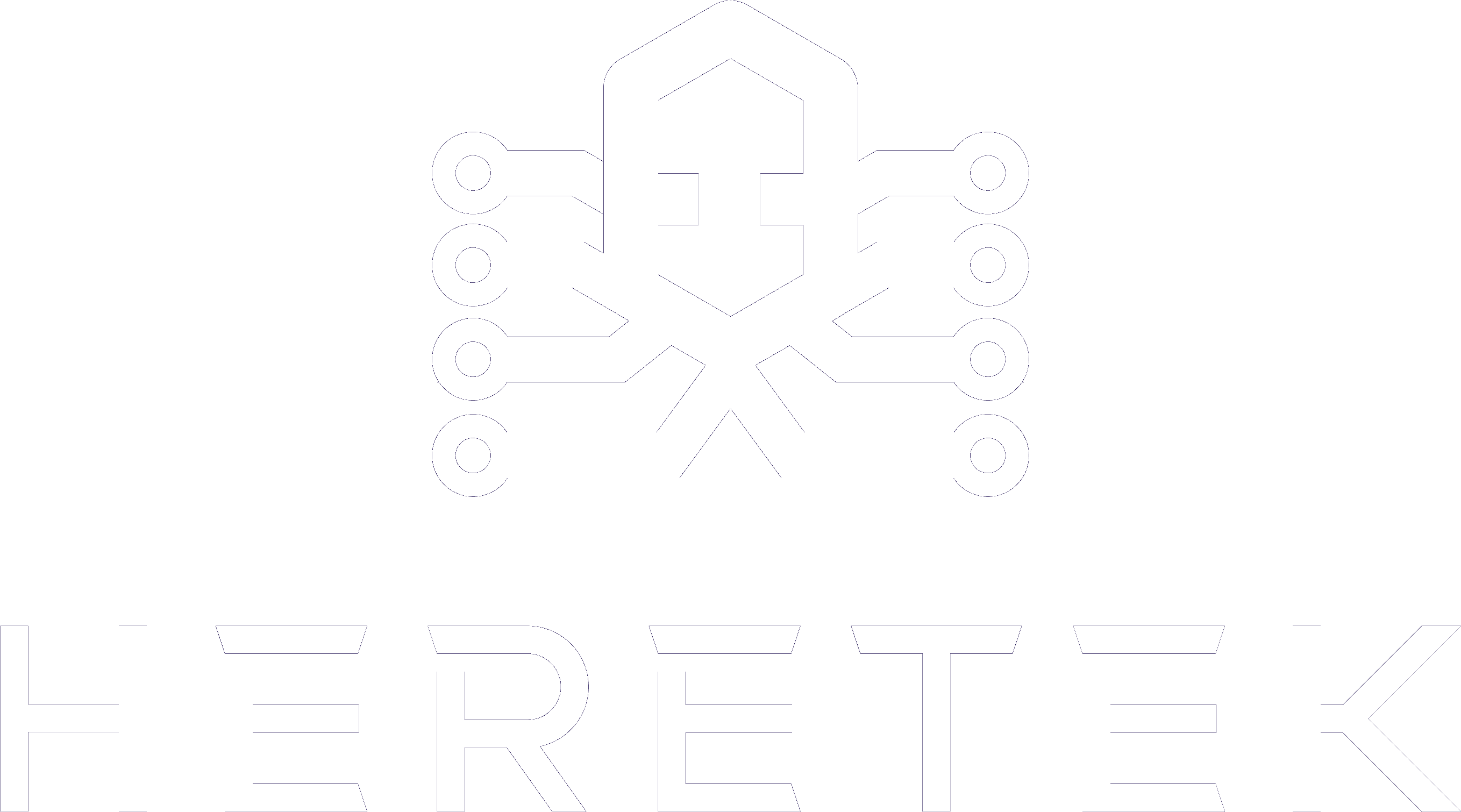“We’re Secure… Right?” — A Founder’s Guide to Web App Testing in 2025

“Security testing is like going to the gym — the best time to start was yesterday.”
But the second-best time? Right now.
In 2025, product-market fit isn’t enough — you need product-security fit too. Here’s what startup founders and product leads often ask us about web application testing, and how we answer.
Founder vs. Heretek — A Startup Security Q&A
We’re still building. Do we really need to test already?
Yes — especially if your app handles personal data, authentication, or payments. Vulnerabilities in early-stage code tend to grow, mutate, and become harder to fix later. A light-weight test now saves time and reputation later.
What kind of vulnerabilities are we even talking about?
The usual suspects:
-
Broken access controls (users accessing other people’s data)
-
Session mismanagement
-
Insecure APIs
-
Input handling issues that can lead to injection or logic abuse
You’d be surprised how often we find critical issues… in production apps with users.
We’re using a framework with built-in security. Isn’t that enough?
Frameworks help — but they’re not foolproof. We regularly test apps built on Django, Laravel, or React with critical flaws. Security features can be misconfigured, bypassed, or just not applied consistently.
What does a test actually look like?
It depends on the scope, but here’s a simple flow:
- You tell us which app, which features, and which roles we should test
- We manually assess authentication, business logic, and API interactions
- We find the weak spots — and show you how we did it
- You get a report, remediation advice, and retesting as needed
We work with your developers, not against them.
Can we just use a scanner?
Automated scanners are like smoke detectors. Useful — but they don’t replace someone actually trying to break into your app.
We combine manual testing with tooling, so you get the best of both. A scanner won’t notice if a user can download someone else’s invoice or modify a booking link.
Okay, but will this slow us down?
Not if you build it in early. We recommend:
-
A short test before big releases (auth, payment, role changes)
-
Regular testing every 6–12 months
-
Spot checks during critical sprints
Think of it as part of your QA lifecycle — it just deals with attackers, not bugs.
Startup Security Checklist: Are You Ready?
If you ticked less than 3… you’re flying blind.



